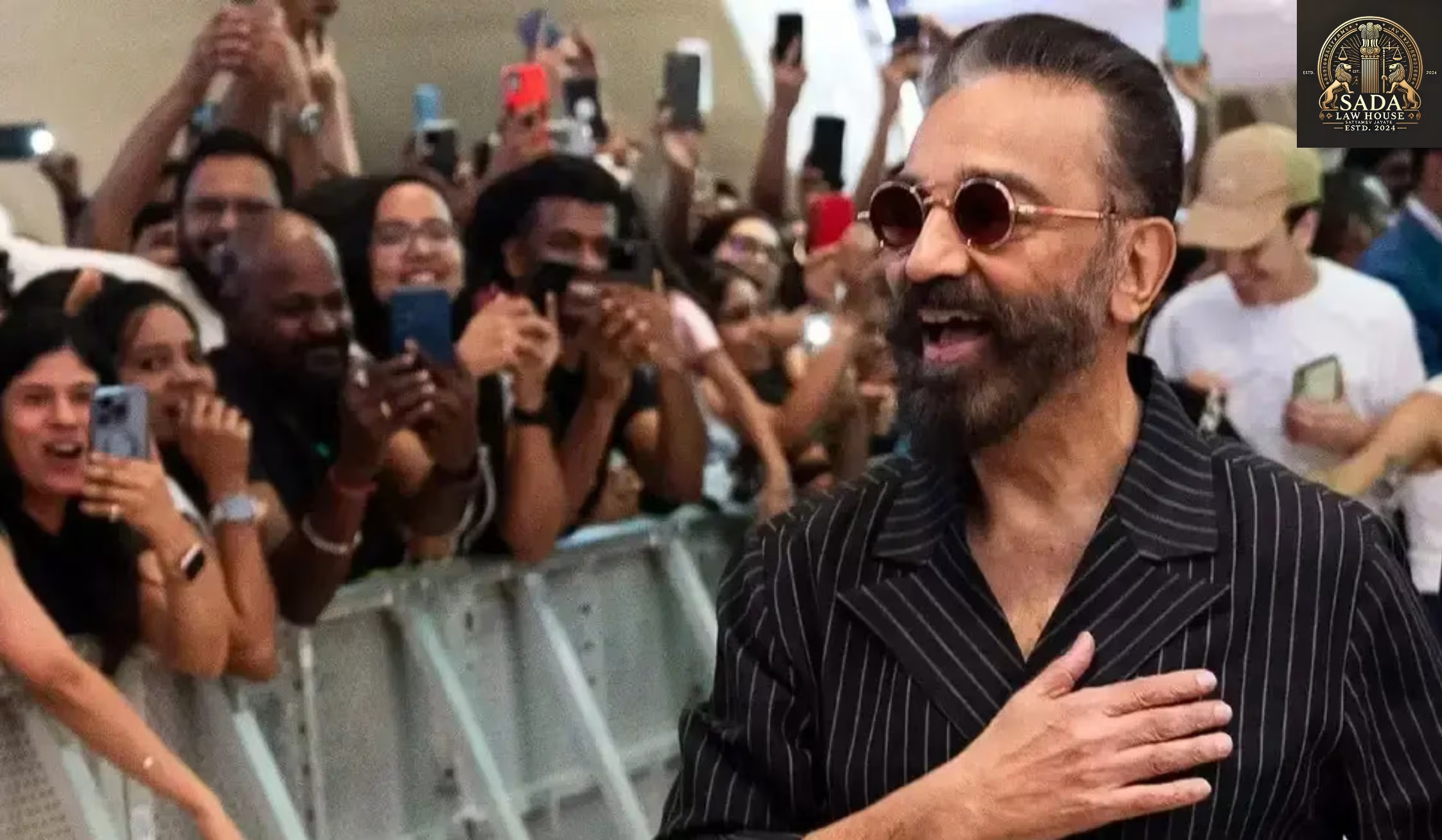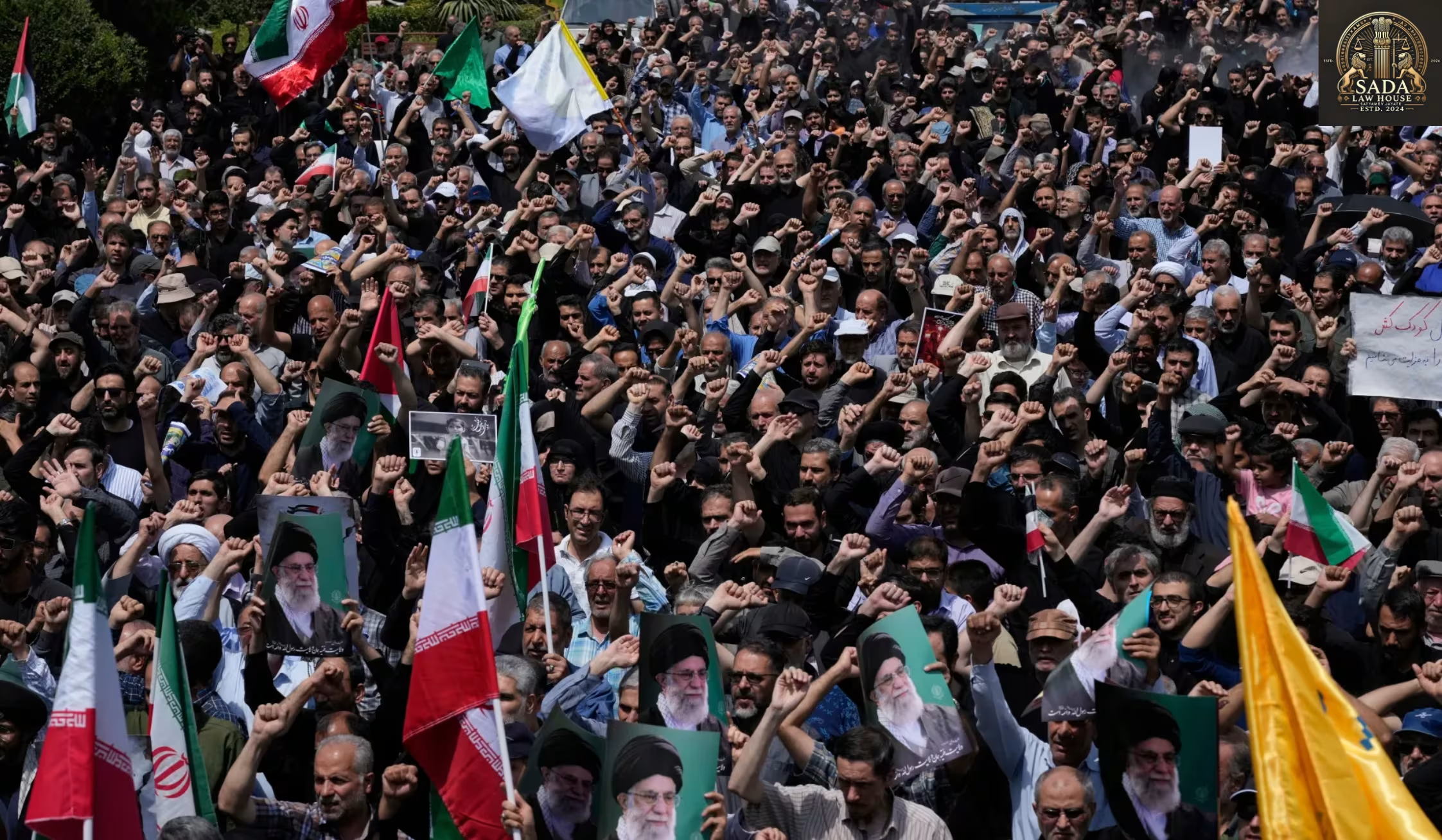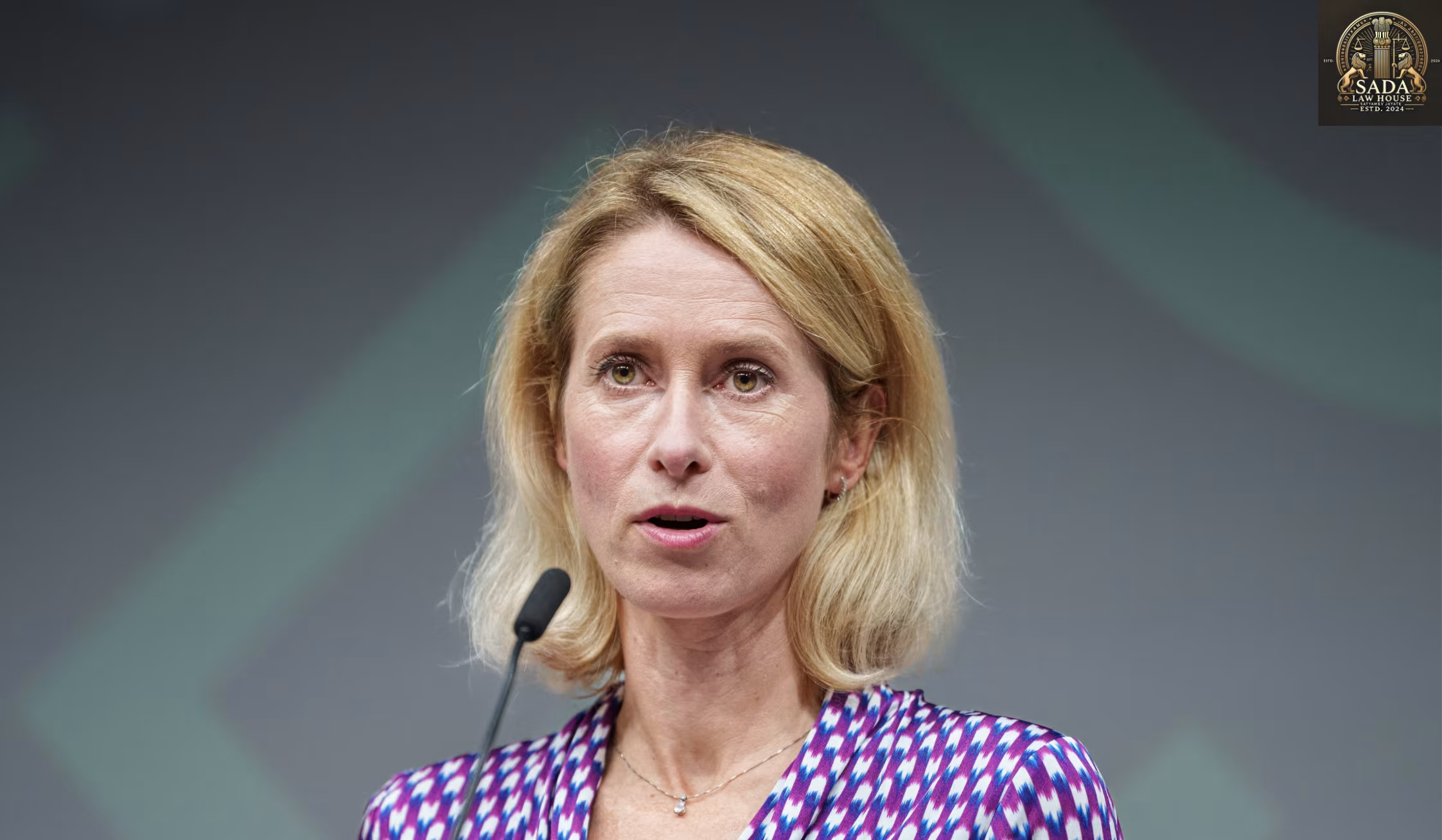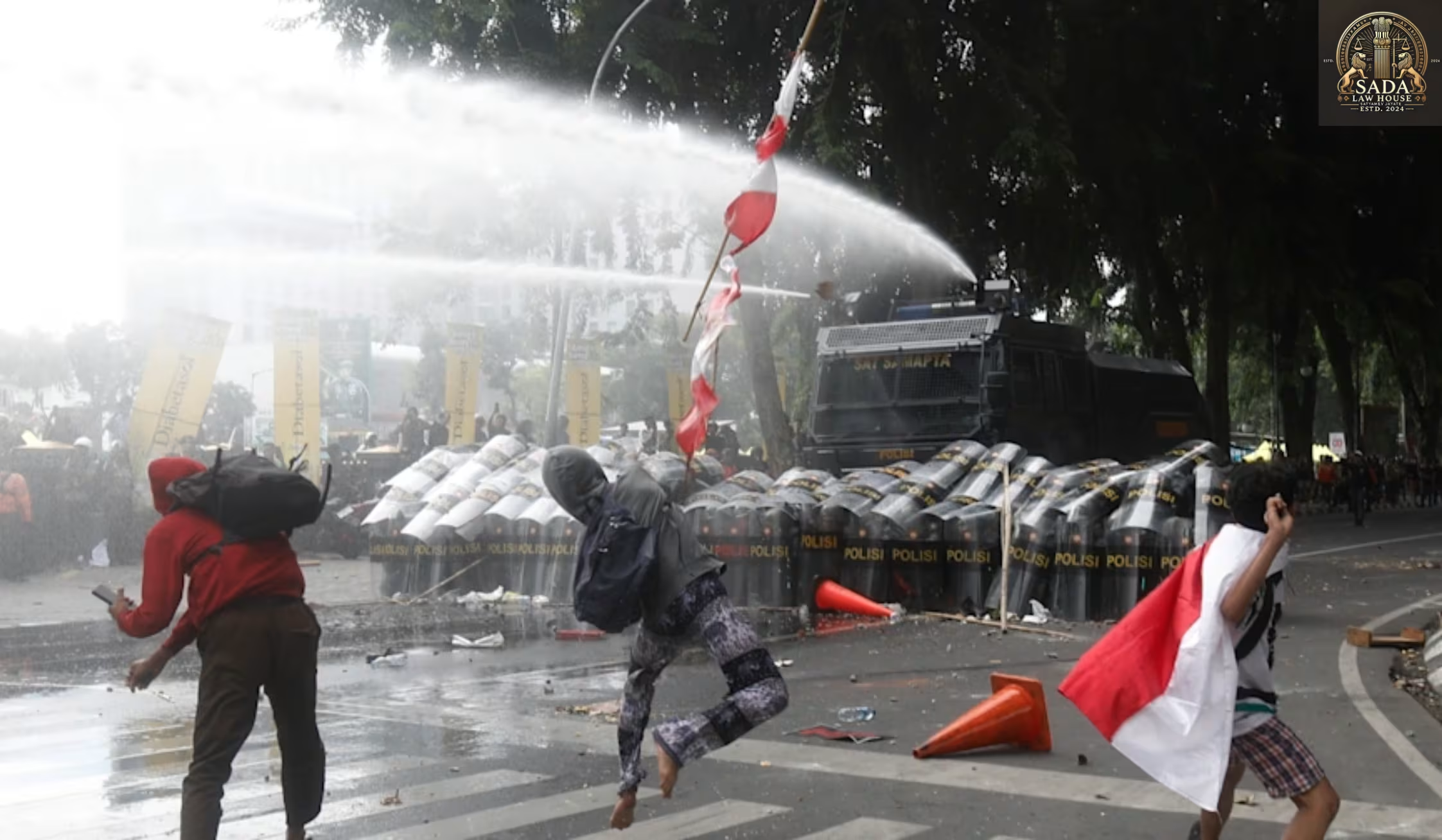Supreme Court Slams Karnataka High Court Over Thug Life Ban, Defends Kamal Haasan’s Free Speech
- PRABHAT KUMAR BILTORIA
- 19 June 2025

The Supreme Court of India rebukes the Karnataka High Court over the proposed ban on Thug Life, defending Kamal Haasan’s freedom of expression and condemning mob threats. Learn how this ruling reinforces the rule of law and artistic freedom in Indian cinema.
Supreme Court Defends Kamal Haasan and Criticizes Thug Life Ban in Karnataka
On June 18, 2025, the Supreme Court of India strongly criticized the proposed ban on the Tamil film Thug Life in Karnataka, starring acclaimed actor Kamal Haasan. The apex court condemned the pressure from groups attempting to suppress the film’s release over alleged controversial remarks made by Haasan.
Supreme Court: Rule of Law Must Prevail Over Mob Intimidation
The bench emphasized that the rule of law cannot be overridden by threats from “groups of hooligans.” The justices stated firmly that public disagreement should be expressed through civil discourse—not through threats of violence or cinema vandalism.
“If someone has made a statement, counter it with another statement. You cannot threaten to burn down theatres,” the court remarked.
Freedom of Expression is Fundamental, Says the Bench
While recognizing that residents of Karnataka and Bengaluru may oppose Kamal Haasan’s statements, the court insisted that constitutional freedoms must be upheld. The right to dissent does not justify intimidation or coercion.
“If the enlightened individuals of Karnataka believe Haasan was wrong, they can respond publicly—not with threats,” the court noted.
SC Questions Karnataka High Court’s Role in Seeking Apology
The Supreme Court transferred the plea submitted by Thug Life’s producer from the Karnataka High Court and requested a response from the state government. The justices expressed concern over the High Court’s alleged suggestion that Kamal Haasan apologize to diffuse the controversy.
“Why should the High Court ask for an apology? That is not its function,” the bench asserted.
Film Certified by CBFC Must Be Allowed to Release
Reiterating legal precedent, the court stated that any film cleared by the Central Board of Film Certification (CBFC) must be permitted to release nationwide. Citizens may choose to watch—or not watch—the film, but no one has the right to block its release through threats.
“We cannot let mob mentality dictate the release of films,” the court declared.
Previous Rulings Reaffirm Artistic Freedom in India
To reinforce its judgment, the court cited past decisions, including the Bombay High Court verdict on the Mi Nathuram Boltoy play and a case involving Imran Pratapgarhi. These precedents emphasize the importance of protecting diverse opinions in a democracy.
“We Are the Custodians of the Rule of Law”
The Supreme Court concluded with a strong reminder of its duty: to uphold constitutional values and defend free speech. It reaffirmed that judicial institutions must protect filmmakers and artists from unlawful censorship.
“We are the custodians of the rule of law. That is the purpose of the Supreme Court,” the bench concluded.






